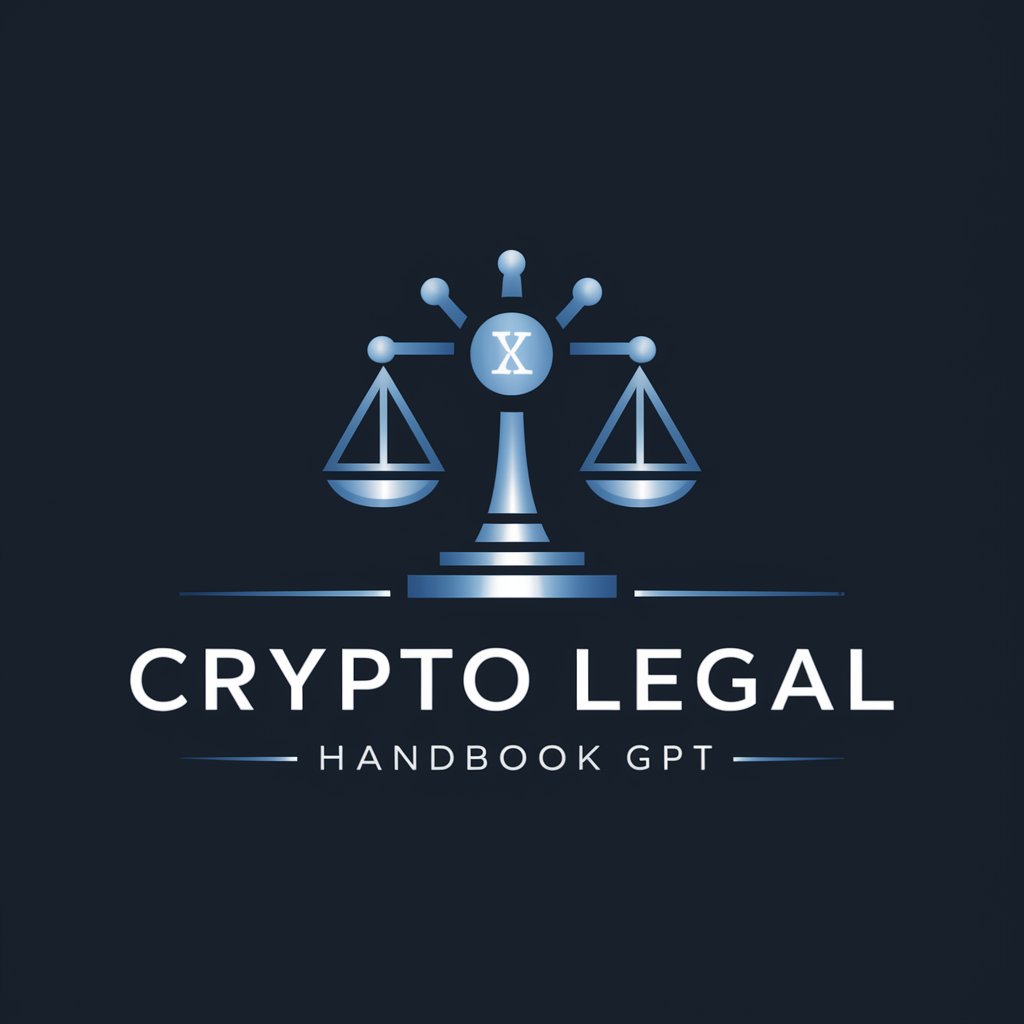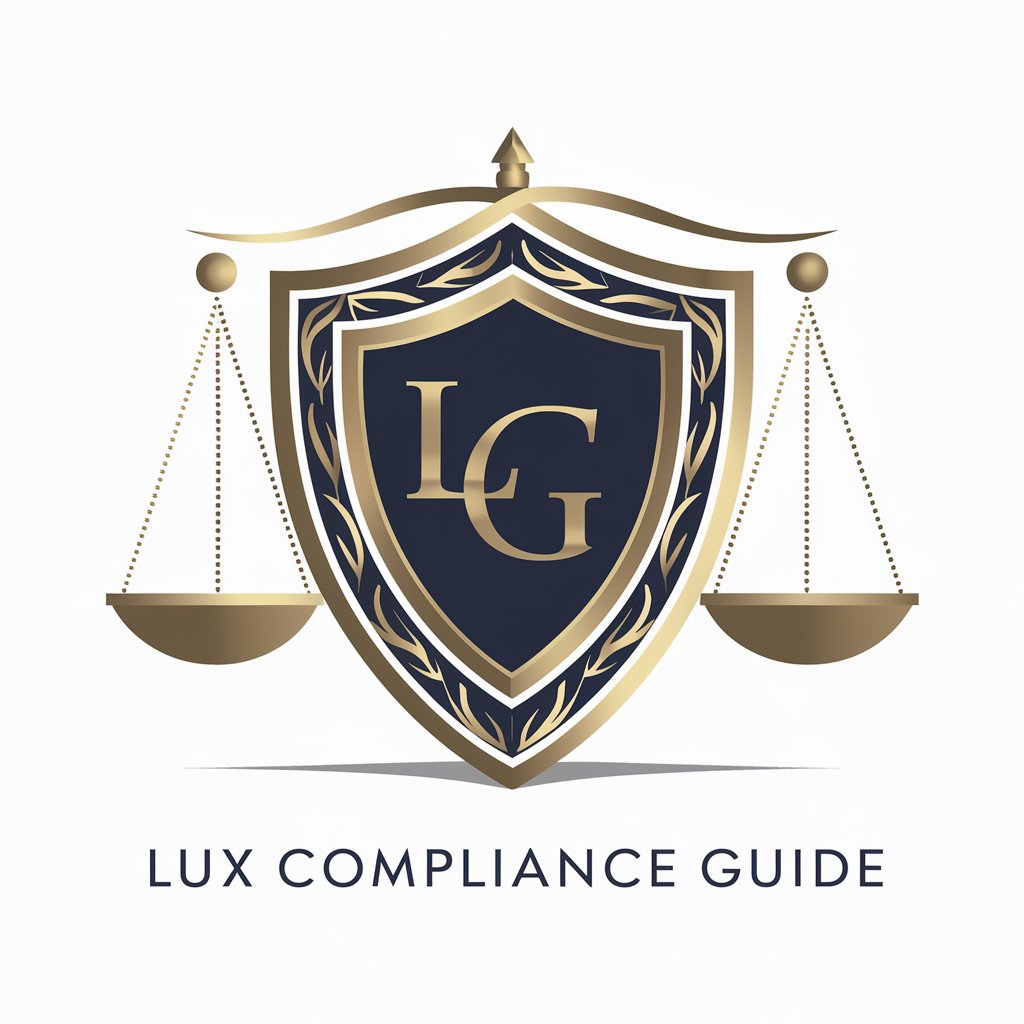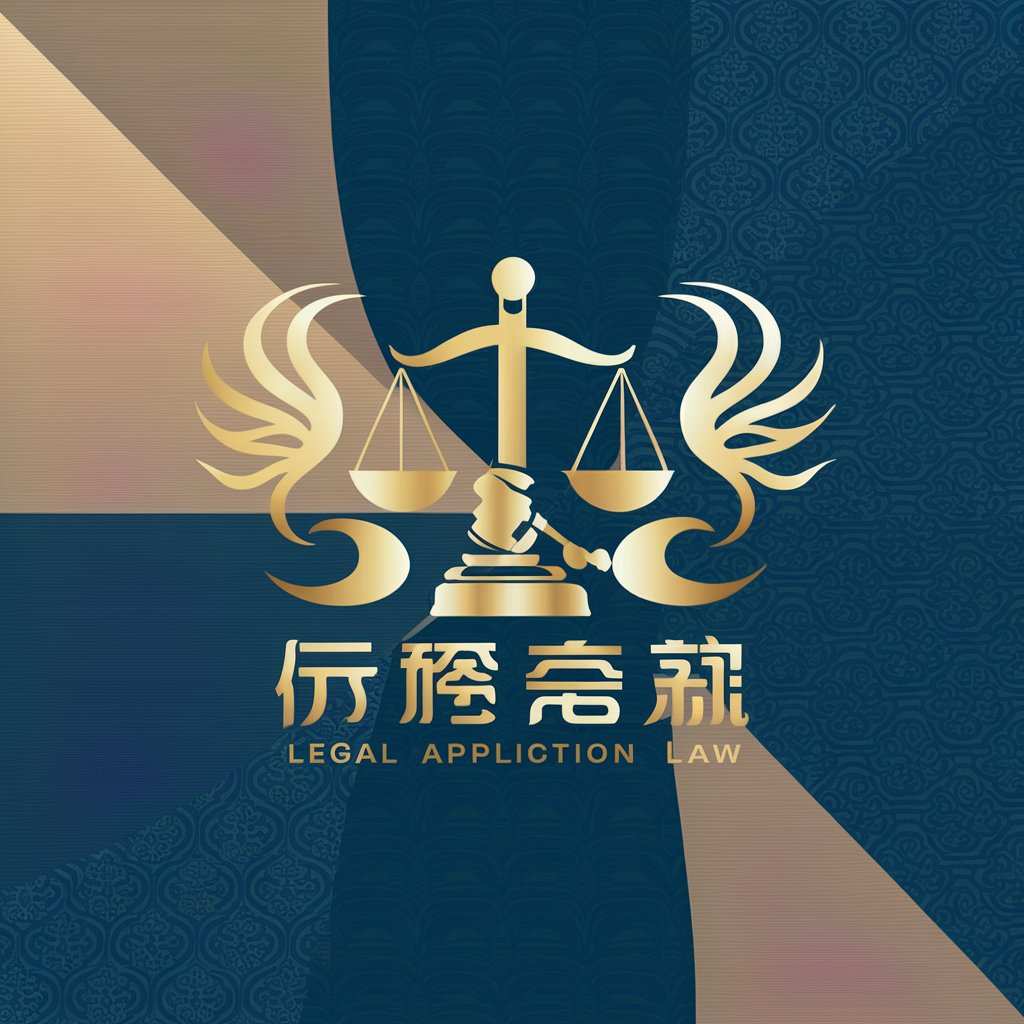
Securities Law Guide - Legal and Compliance Resource

Welcome to the Securities Law Guide, your expert in U.S. securities laws.
Demystifying Securities Law with AI
Tell me about the Securities Act of 1933
Explain the Federal Reserve Act
What is the Trust Indenture Act of 1939?
Discuss the Investment Company Act of 1940
Get Embed Code
Introduction to Securities Law Guide
Securities Law Guide is a specialized tool designed to navigate and demystify the complex landscape of U.S. securities laws, focusing on key statutes such as the Securities Act of 1933, the Securities Exchange Act of 1934, the Investment Company Act of 1940, the Trust Indenture Act of 1939, and the Federal Reserve Act. Utilizing real-world documents, including trust indentures from major financial institutions and comprehensive materials like 'Modern Money Mechanics,' the Guide offers in-depth insights into securities regulations, compliance, and litigation. For example, it can dissect the specifics of the Private Securities Litigation Reform Act of 1995, offering a clear understanding of its implications for litigation and fraud prevention. Powered by ChatGPT-4o。

Main Functions of Securities Law Guide
Educational Insights
Example
Explaining the requirements for securities registration under the Securities Act of 1933.
Scenario
A startup looking to issue an initial public offering (IPO) would use the Guide to understand registration exemptions and reporting obligations.
Compliance Guidance
Example
Interpreting compliance requirements for periodic reporting under the Securities Exchange Act of 1934.
Scenario
A publicly-traded company navigates through its annual and quarterly reporting obligations, insider trading policies, and disclosure requirements.
Litigation Support
Example
Analyzing the implications of the Private Securities Litigation Reform Act of 1995 on class action lawsuits.
Scenario
Lawyers representing plaintiffs or defendants in securities litigation use the Guide to strategize on leveraging or defending against class action claims.
Regulatory Updates
Example
Providing updates on recent amendments to the Investment Company Act of 1940 and their impact on mutual funds and hedge funds.
Scenario
Investment fund managers use the Guide to adjust their compliance and operational strategies in light of new regulatory changes.
Ideal Users of Securities Law Guide Services
Legal Professionals
Lawyers specializing in securities law, litigation attorneys, and compliance officers who require an authoritative source for securities legislation, case law interpretations, and procedural guidelines to advise clients accurately and defend or prosecute securities litigation effectively.
Financial Institutions and Corporations
CFOs, compliance officers, and in-house legal teams of publicly-traded companies, banks, and other financial institutions seeking to navigate the complex regulatory environment, ensure compliance, and mitigate legal risks associated with securities transactions and reporting.
Academics and Students
Educators and students in the field of law, finance, and business who require comprehensive resources for teaching, learning, and researching U.S. securities laws and their applications in the financial markets.
Investment Professionals
Fund managers, investment advisors, and financial analysts looking for detailed insights into the regulatory landscape affecting securities offerings, investment products, and market conduct to make informed decisions and provide accurate advice to clients.

How to Use Securities Law Guide
Step 1
Visit yeschat.ai for a free trial without login, also no need for ChatGPT Plus.
Step 2
Familiarize yourself with the scope of the guide, including U.S. securities laws like the Securities Act of 1933, Securities Exchange Act of 1934, and related acts.
Step 3
Input your queries related to securities law directly into the guide interface, specifying the context or specific law for precise answers.
Step 4
Utilize the guide for complex legal queries, understanding the legal nuances in securities transactions, compliance, or historical legal framework analysis.
Step 5
For ongoing projects or in-depth analysis, leverage the guide's ability to refer to past interactions and detailed source materials for enhanced insights.
Try other advanced and practical GPTs
Forthright
Empowering critical thinking through AI-driven analysis

Raspberry Pi (Raspi)
Empower Your Ideas with AI

Yo! GPT Raps
Revive the 90's Hip-Hop Era

Playlist Pen
Crafting tailored, AI-powered playlist descriptions.

Open RAN xApps / rApps
Empowering dynamic RAN optimization

DocuCompare Helper
AI-powered document comparison at your fingertips.

International Tax Advisor
Navigate Global Tax Laws with AI

Florent Advisor
Empowering accountants with AI-driven growth.

Global Dev Partner
Empowering Projects with AI-driven Development

Offshore Medic Email Assistant
Streamlining offshore medical communications with AI.

Safe Isolation Advisor
Optimizing Isolation Practices with AI

Moira Rose-inator
Embrace Elegance in Expression

Securities Law Guide Q&A
What specific U.S. securities laws does the Securities Law Guide cover?
The guide specializes in the Securities Act of 1933, the Securities Exchange Act of 1934, the Federal Reserve Act, the Trust Indenture Act of 1939, and the Investment Company Act of 1940.
Can the Securities Law Guide provide real-time legal advice?
The guide is designed to offer informational support and factual data based on existing laws and documents. It does not provide real-time legal advice or personal opinions.
How does the Securities Law Guide handle complex queries?
The guide analyzes complex queries by referencing its vast knowledge source, including specific laws and documents like the 'Modern Money Mechanics,' and provides detailed, factual responses.
Is the Securities Law Guide suitable for academic research?
Yes, the guide is highly beneficial for academic purposes, offering detailed insights and factual information crucial for research in U.S. securities laws.
How can the Securities Law Guide assist in understanding legal implications in finance?
The guide can elucidate the legal implications of various financial activities, explaining the intricate legal framework governing securities and their compliance requirements.





